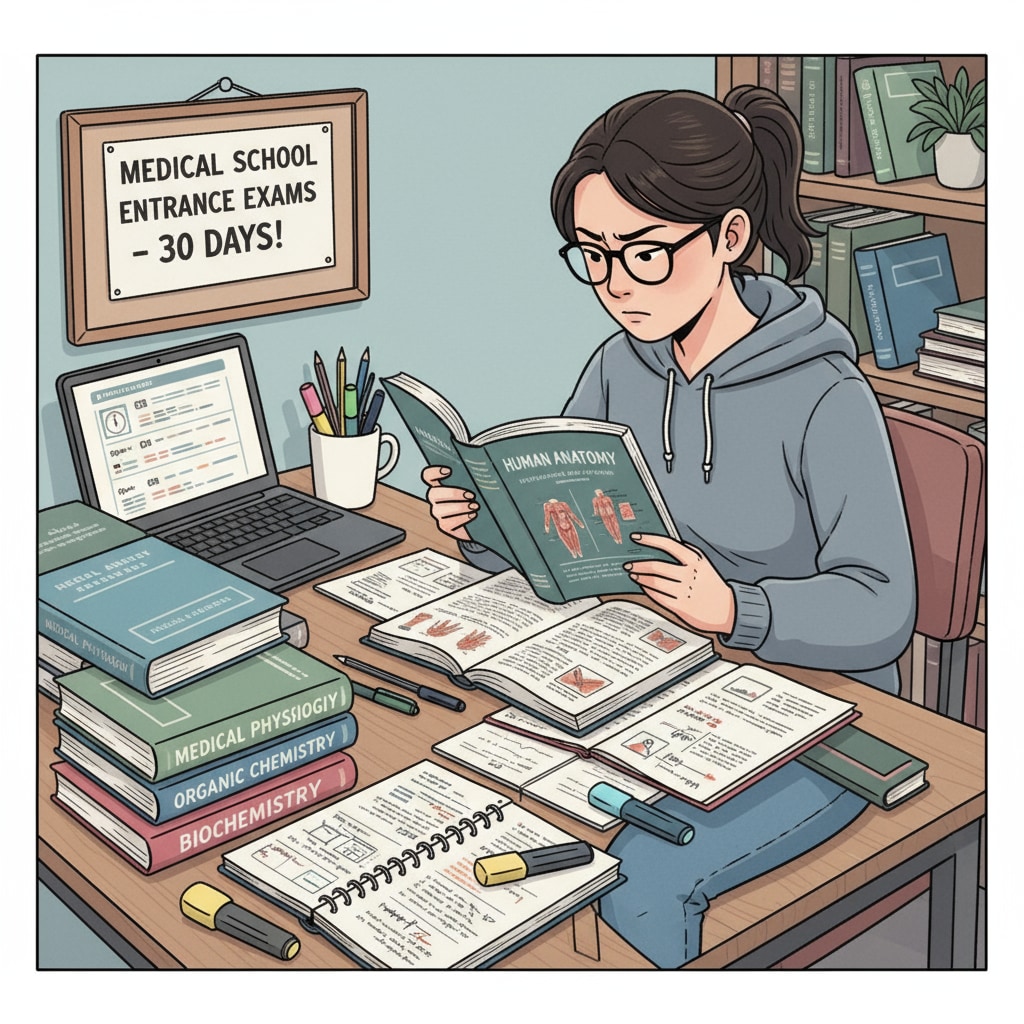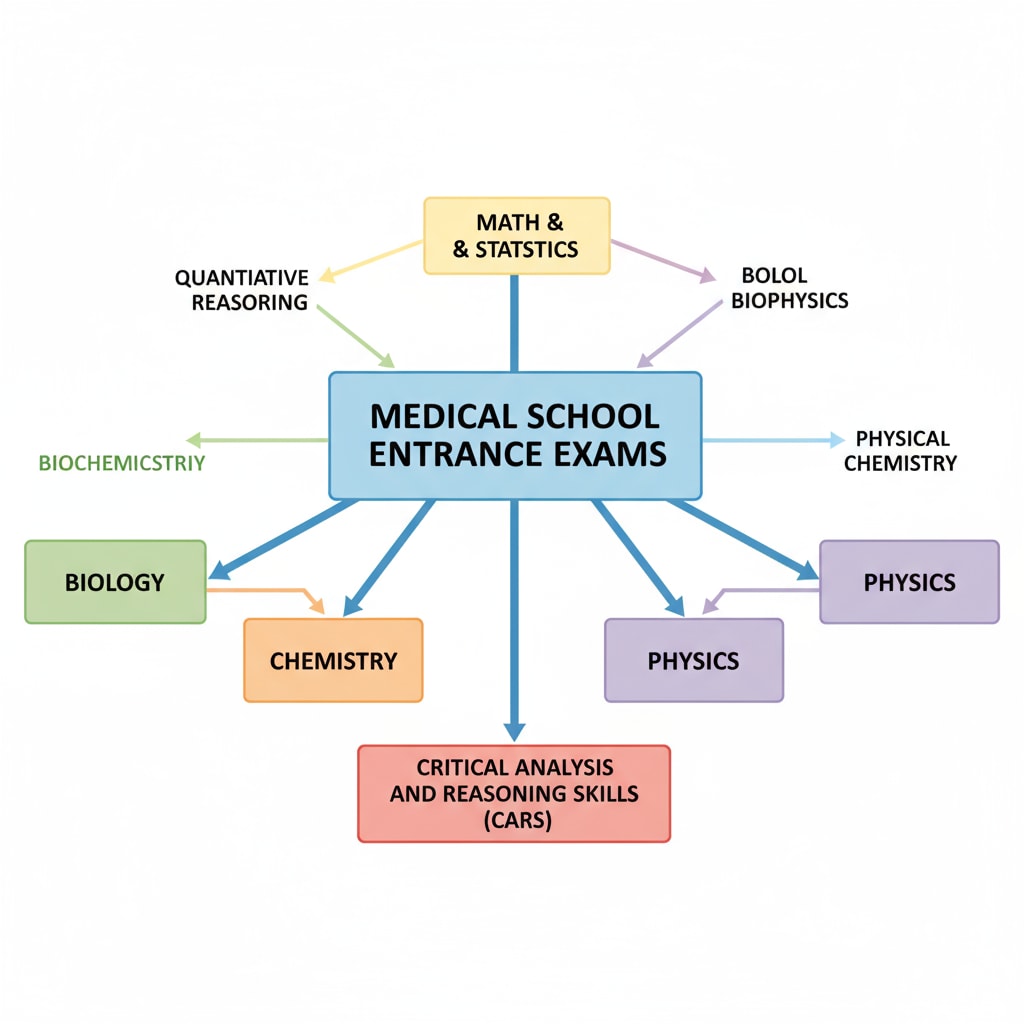Preparing for medical school entrance exams can be a daunting task filled with learning obstacles and self-doubt. These exams are crucial for high school students aspiring to enter the medical field, and understanding how to enhance learning efficiency while combating self-doubt is essential.

As students embark on this journey, they often face various challenges that can impede their progress.
Identifying Learning Obstacles
One of the first steps in overcoming learning hurdles is to identify them. For example, some students may struggle with the vast amount of material to cover. The syllabus for medical school entrance exams is extensive, encompassing multiple subjects such as biology, chemistry, and physics. As a result, it can be overwhelming to know where to start. Additionally, the complexity of the concepts can be a major obstacle. Many medical-related topics require a deep understanding of scientific principles, which can be difficult to grasp. Medical school admission requirements on Wikipedia

Strategies to Improve Learning Efficiency
To boost learning efficiency, students should create a structured study plan. This plan should allocate specific time slots for each subject, ensuring comprehensive coverage. For instance, dedicating a few hours each day to biology, chemistry, and physics can help in better retention of information. In addition, using active learning techniques is highly beneficial. Instead of passively reading textbooks, students can engage in activities like making flashcards, summarizing notes, and teaching the material to someone else. This way, they can better understand and remember the concepts. Study skills on Britannica
Another important aspect is to take regular breaks. Contrary to what some may think, studying for long hours without breaks can actually reduce efficiency. Taking short breaks every hour or so can refresh the mind and improve concentration. Moreover, students should make use of available resources such as online tutorials, practice tests, and study groups. These resources can provide additional perspectives and help in clarifying doubts.
Conquering Self-Doubt
Self-doubt is a common companion during the preparation for medical school entrance exams. Students may start to question their abilities when faced with difficult concepts or poor performance in practice tests. However, it’s important to recognize that self-doubt is normal and can be overcome. One way to do this is by setting realistic goals. When students set achievable goals and then accomplish them, it boosts their confidence. For example, aiming to master a particular chapter in a week can give them a sense of accomplishment.
Positive self-talk is also a powerful tool. Instead of dwelling on negative thoughts, students should replace them with positive affirmations. Telling themselves “I can do this” or “I am capable of understanding these concepts” can have a significant impact on their mindset. Additionally, surrounding oneself with a supportive network of family, friends, and teachers can provide the emotional strength needed to persevere.
Readability guidance: By following these strategies for identifying learning obstacles, improving learning efficiency, and conquering self-doubt, students can transform their preparation for medical school entrance exams from a stressful experience into a confident and successful journey. Remember, every step forward is a step closer to achieving your dream of entering medical school.


